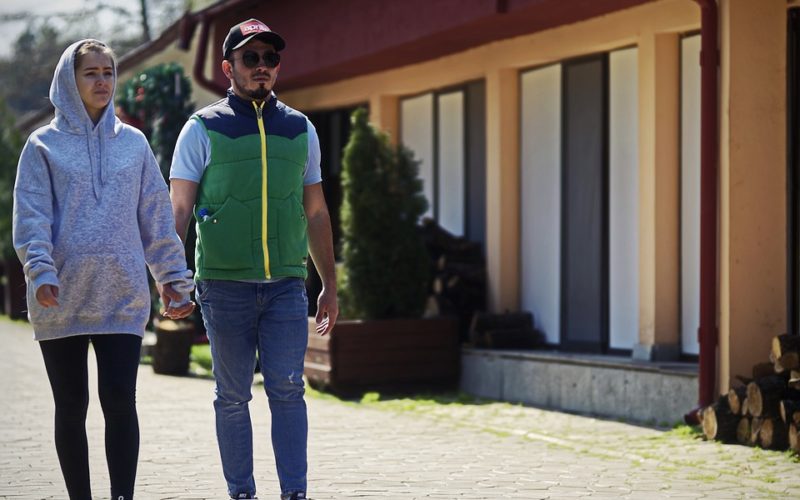The Foundations Of Society
Relationships are the foundation of our social lives, and they play a significant role in our overall happiness and wellbeing. From friends and family to romantic partners, each relationship requires care, understanding, and effort to thrive. In this comprehensive guide, we will explore various strategies for nurturing these vital connections so they can grow stronger and more fulfilling over time.
Understanding the value of healthy relationships
For many of us, our relationships form the bedrock of our emotional and sometimes even physical well-being. The companionship, support, and joy that good relationships bring can greatly enhance our quality of life. It's important to recognise that each relationship is unique and should be cherished for its special contribution to our lives. Interactions with friends can provide light-hearted enjoyment and profound support, family bonds often offer unconditional love and trust, while romantic partnerships bring about companionship and shared growth.
To value these relationships, we should regularly reflect on their importance and act to assure the people in our lives that they are appreciated. Simple acts of kindness, showing interest in their lives, and providing support during tough times are just a few ways to reinforce the value you see in these relationships.
Effective communication is key
Communication is the lifeline of any relationship. Engaging in open, honest, and empathetic dialogue builds trust and understanding. It's crucial to convey feelings and thoughts clearly to avoid misunderstandings, which can lead to conflicts. Active listening plays a vital role in communication; when we truly hear someone out, we are acknowledging their feelings and perspectives, which can deepen our connections.
Whether it's solving conflicts, expressing gratitude, or sharing personal dreams and fears, effective communication ensures that both parties feel seen and heard. Remember that body language and tone contribute significantly to how our messages are perceived, and strive for a positive and respectful communication style.
Cultivating a supportive environment
Good relationships flourish in an environment of support and encouragement. Being there to celebrate each other’s successes and provide solace during difficult times creates a bond that is hard to break. Support isn't always about giving advice; sometimes, it's about offering a listening ear or standing beside someone in solidarity.
Establish a habit of checking in with your loved ones, cheering them on during their endeavours, and helping them brainstorm solutions when they face challenges. This support will not only strengthen the relationship but also build mutual respect and appreciation.
Maintaining respect and boundaries
Respect is a two-way street and is essential for preserving the integrity of any relationship. Recognising and valuing each other’s thoughts, feelings, and needs deepens mutual respect. Along with respect, setting healthy boundaries is pivotal. Boundaries help define the limits and rules that make a relationship comfortable and safe for everyone involved.
Communicate your boundaries clearly and be mindful of respecting the boundaries set by others. This dynamic fosters a relationship based on mutual respect where both parties feel valued and safe.
Devote time and presence
In our hectic lives, it’s crucial to carve out time for the relationships that matter to us. Quality time dedicated to friends, family, and partners strengthens ties and creates lasting memories. It's not about the quantity of time but the quality; being truly present with one another is what counts.
Try to organise regular activities that allow you to bond, whether it's a weekly dinner with family, outings with friends, or date nights with your partner. These moments of shared experience are the threads that weave the fabric of your bond stronger over time.
Working together through difficulties
No relationship is without its challenges, but working through difficulties together can actually make a relationship stronger. Face challenges as a partnership, viewing them as opportunities to understand each other better and to evolve together. Develop coping strategies as a team and offer compassion and forgiveness when warranted.
Remember that overcoming adversity often requires patience and constant effort. Through the process, you will likely discover new dimensions of your relationship and new reasons to value and nurture it.
Maintaining healthy relationships with friends, family, and partners involves a delicate balance of communication, support, respect, and shared experiences. Each relationship is a living thing that requires attention and care. By cultivating good practices and making a conscious effort, we can build stronger, more meaningful connections that sustain and enrich us throughout our lives.

















